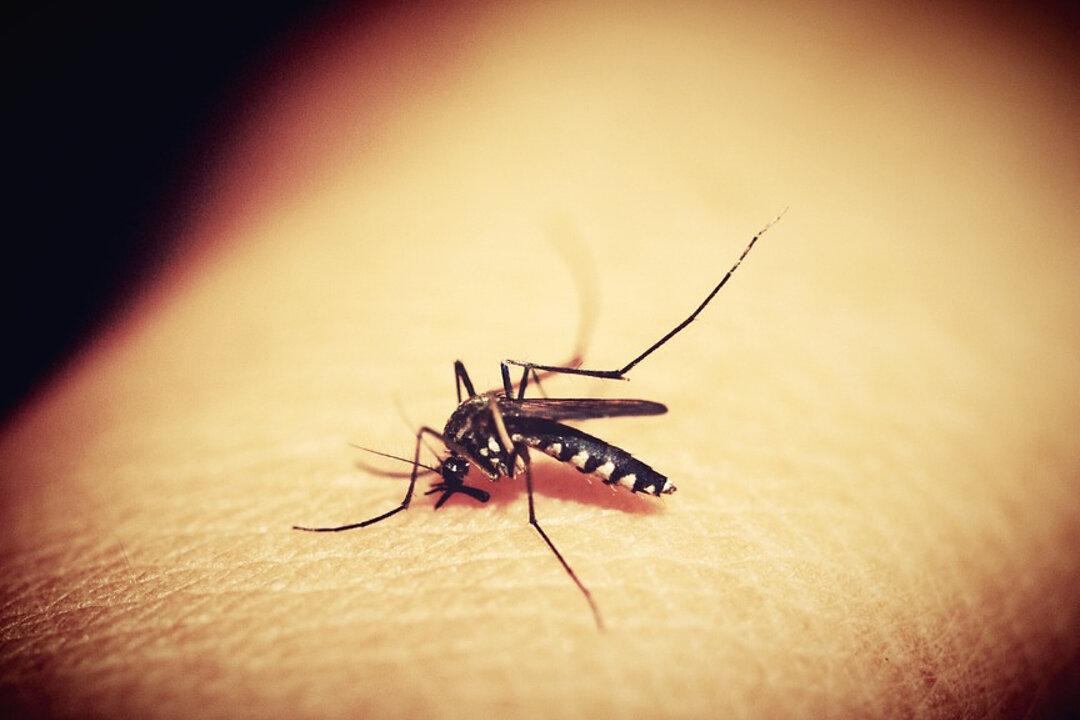Australia’s acting chief medical officer has declared that a national response is needed to clamp down on an outbreak of Japanese encephalitis virus (JEV).
Dr. Sonya Bennett declared the virus a Communicable Disease Incident of National Significance on March 4, as health officials deal with the emergence of 16 cases of the disease, according to figures obtained by AAP.





